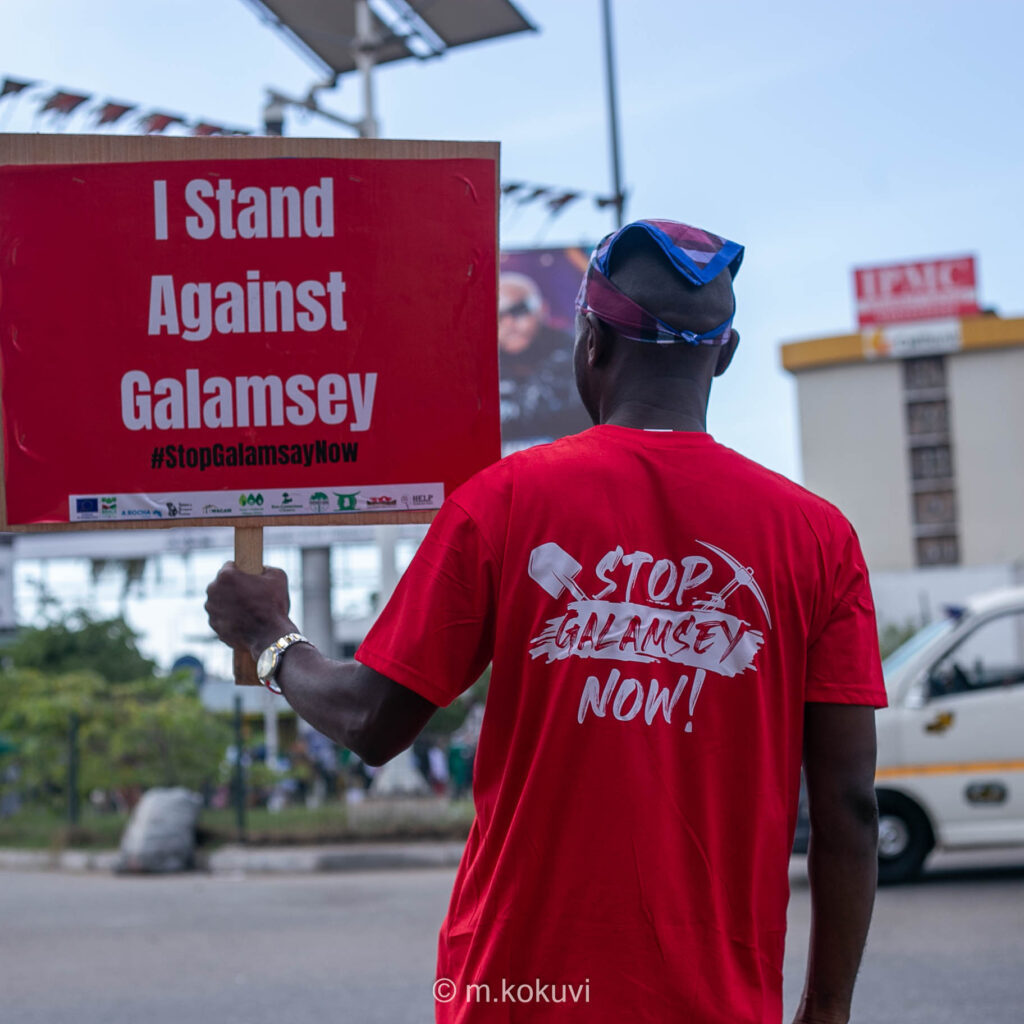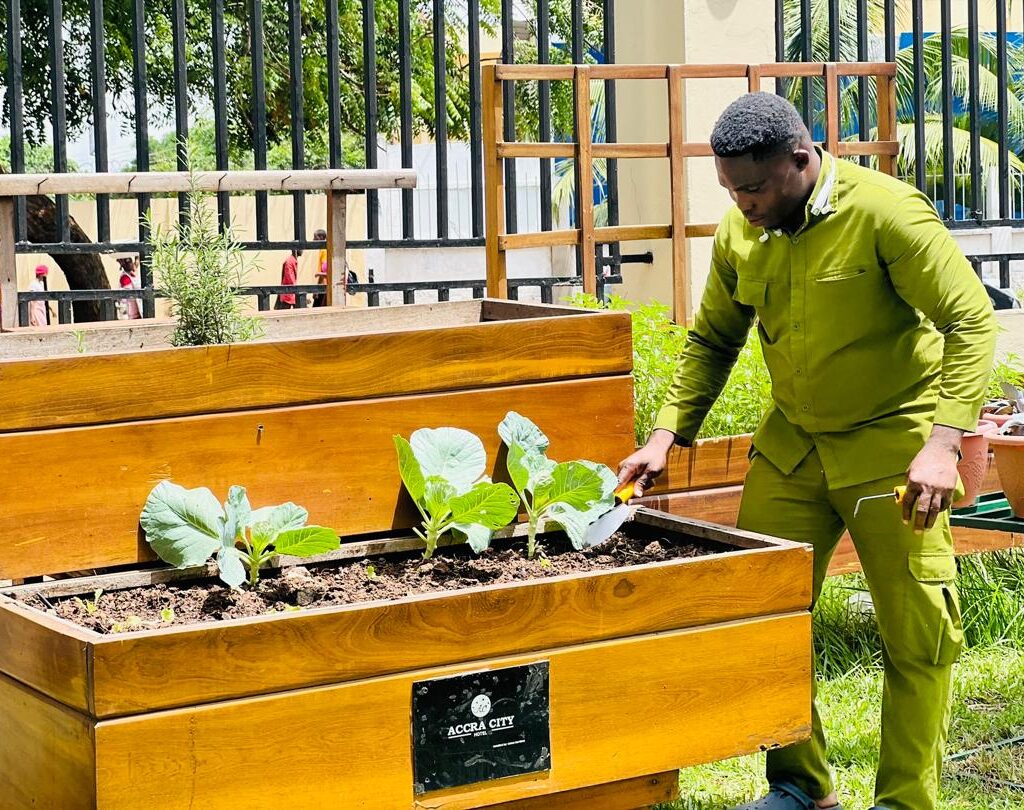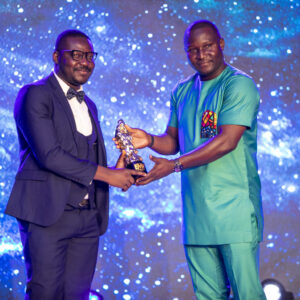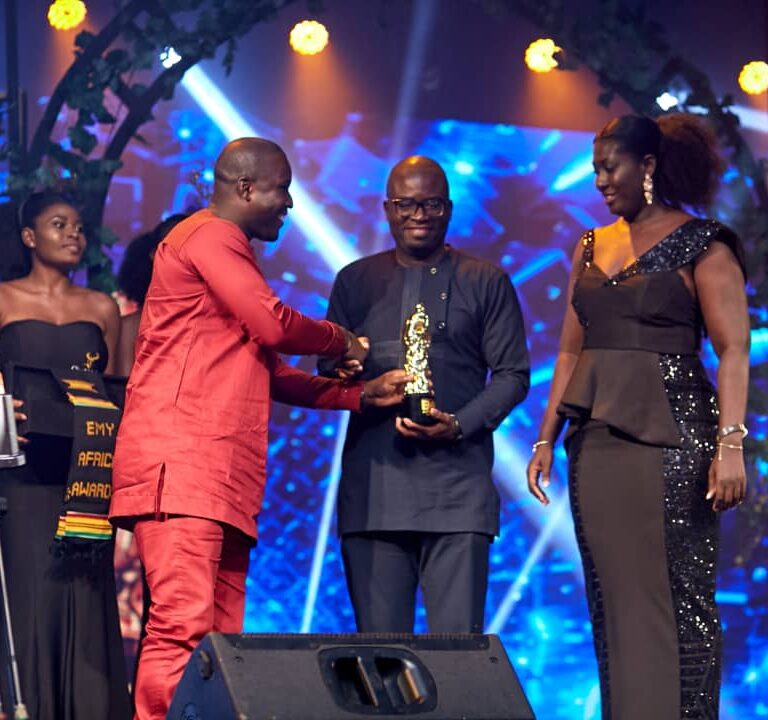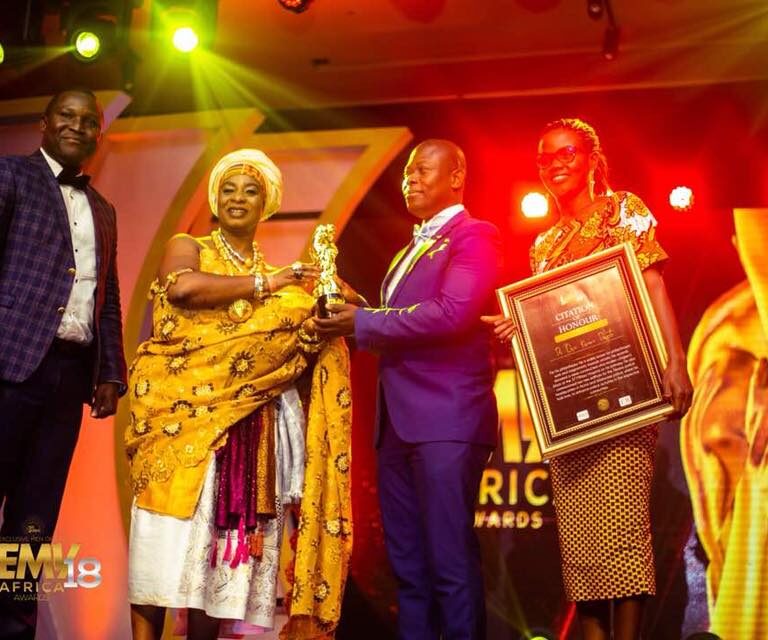Organisational Profile
SILDEP is dedicated to enhancing the welfare of rural communities by promoting gender equality and child rights, focusing on language development, adult literacy, translation, and skills development, with a particular emphasis on empowering vulnerable populations.
Their vision is a literate rural population with sustainable income levels comparable to the highest regional averages, and societies where the rights of women and children are respected and upheld. Their core objectives include poverty alleviation through various initiatives, increasing literacy to empower communities, promoting improved lifestyles through literacy and social interaction, supporting language development by encouraging literacy in the mother tongue, bridging informal and formal education systems, and fostering religious enlightenment to free minds from restrictive beliefs. They also offer training in health, livelihood, education, environmental, civic, and entrepreneurial fields to effectively reduce poverty. Committed to creating a brighter future for rural areas, SILDEP focuses on education, empowerment, and sustainable development.
Join us as a volunteer or intern
The Mobilising for Afforestation Project (MAP) addresses deforestation and biodiversity loss in Ghana’s Sissala West District, implemented by the Social Initiative for Literacy and Development Program (SILDEP). It promotes environmental awareness and sustainable agriculture in local communities facing threats from illegal logging, mining, and bush burning. Key strategies included stakeholder collaboration, training on best practices, and community engagement to ensure lasting impact.
Objectives:
- Identify environmental best practices by April 2024.
- Reduce post-harvest crop losses by May 2024.
- Educate farmers on the effects of bush burning by April 2024.
Outputs:
- Trained 130 smallholder farmers.
- Conducted stakeholder and media engagement meetings.
- Formed four environmental task forces.
- Developed community bylaws and initiated local fundraising efforts.
Outcomes:
- Increased community participation and awareness.
- Successful prevention of a fire incident on a maize farm.
- Improved attendance at community meetings.
- Challenges in cash contributions for project support.
- Progress towards adopting and enforcing community bylaws.
- Shift in mindset from logging to afforestation.
- Enhanced knowledge among participants, leading to better farming practices.
€852 raised locally for project activities.
